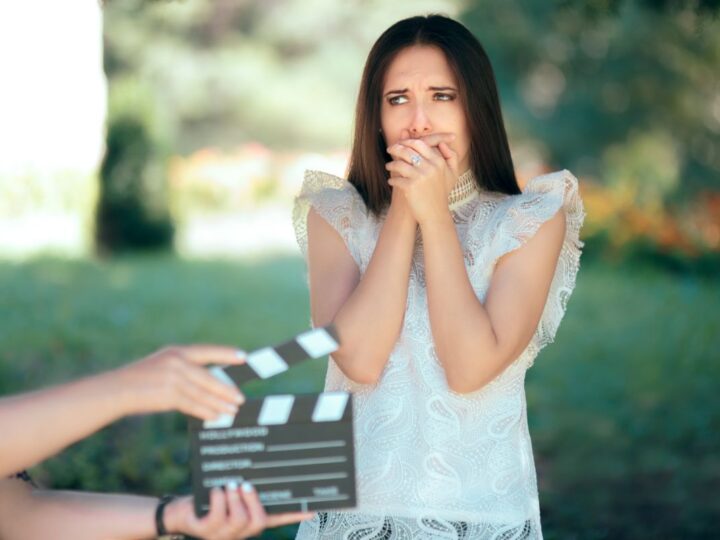How do you know when a movie is good? I like to say that you know a film is worth your while when it changes you, even if just for a little while. A piece that leaves you thinking or wanting to talk about it long after you’ve left the theater is quality.
That type of experience can come from any movie genre, but it wouldn’t be presumptuous to assume that it happens more often with drama. When you ask someone what their favorite type of movie is, you might get a response pointing to drama or one of its subtypes. But what exactly does that all entail? So many things fall under the drama umbrella that it can actually be quite a wide scope.
We’re going to break down the various types of drama here. Not only will you be able to follow up that answer with a little more education, but you might also learn something new about a specific type you might want to check out.
So, as they say in the business, it’s showtime!
What is a drama movie?
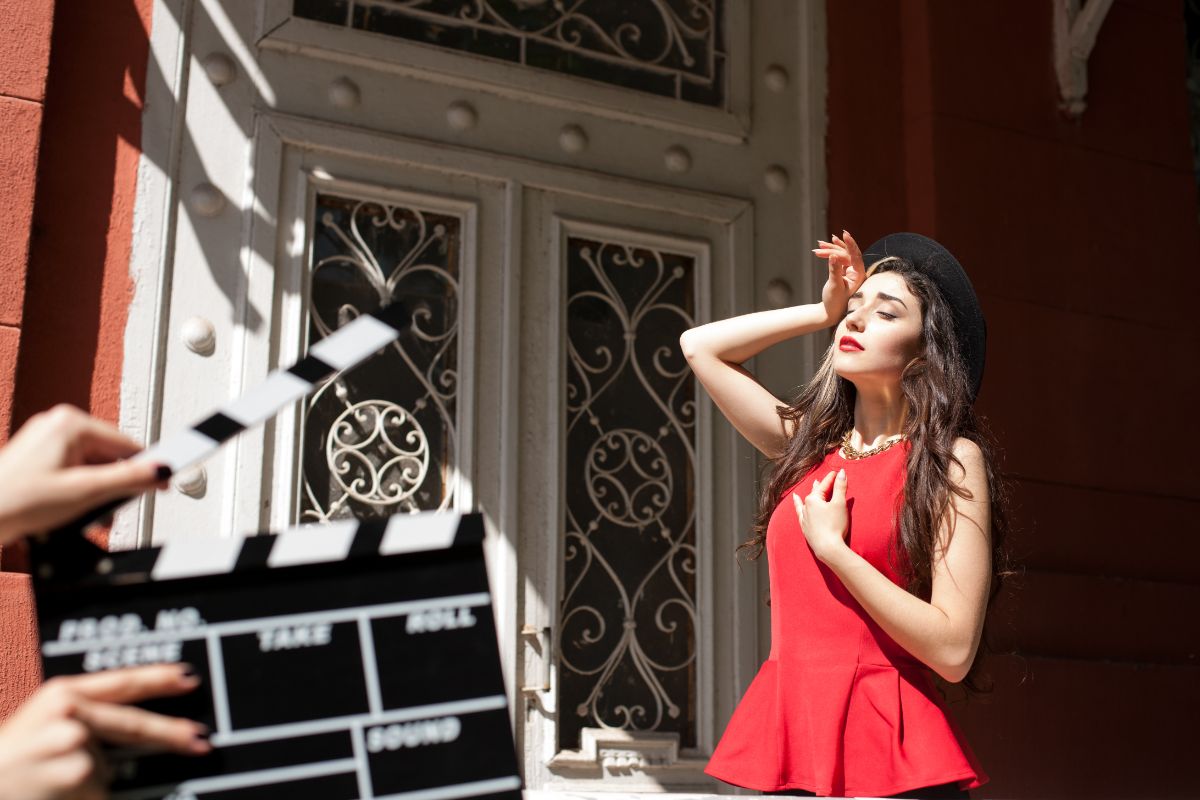
If a rose by any other name would smell as sweet, would a drama by any other type be as dramatic? Yes, unique ways. That’s the beauty of having multiple dramas to choose from. There’s a drama for every personality or interest. Main categories can be split into subcategories and the list could go on and on.
It should also be noted that there is always some category overlapping. That’s why I could basically be here for the rest of the year. That’s how deep the paper trail goes.
Before things get overwhelming, let’s get a look at a broader spectrum of drama.
1. Period Drama
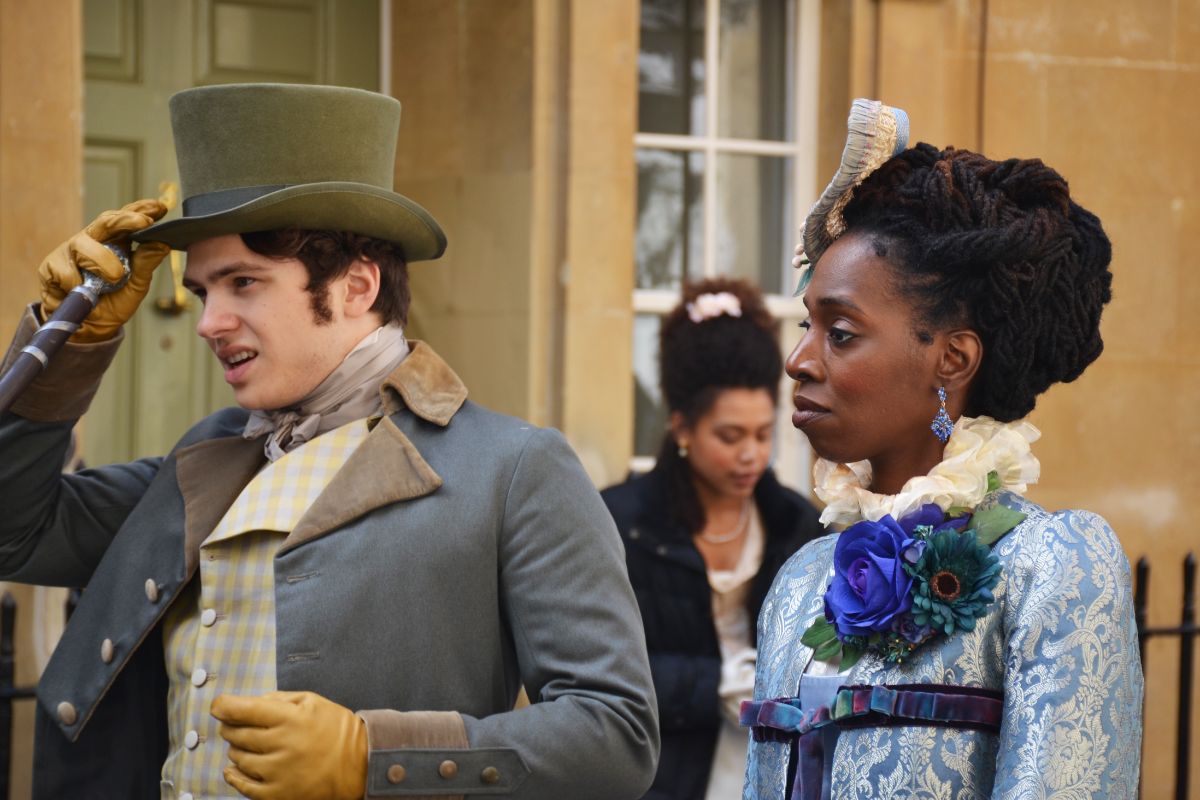
Speaking of overlapping, you can have a period drama and a romance drama. You can also have both in the same movie. Most period pieces are intertwined with some sort of romance, whether it is unrequited or not. Take the highest-grossing overall drama of all time, Titanic.
Technically, some would classify it as a romance drama. Others suggest it’s a period drama. Perhaps a more accurate reflection of the story and time period would make it a historical romance. That’s our first example of a subcategory. I digress.
By definition, a period drama is a story that is stuck in a specific time in history. What you would want to see in a period drama movie is a setting that is immediately recognizable for the time period they are trying to represent. That might mean fudging a bit when it comes to historical accuracy.
For example, the name Tiffany is not found in movies that are set in the past. The reason is audience believability. Even though the name has been around since the 1100s, Americans believe the name is very recent. So, the idea is, if we saw a movie depicting the life and times of Tiffany in 1500, we wouldn’t believe it.
Period dramas often win academy awards for best costumes because an incredible amount of work is put into making the movie feel as real as possible. The scenes have to look like they came from that time period, the actors have to sound like that, and there have to be background situations happening that would make sense during that time.
You can’t watch a period drama about 1350 England and not hear mentions of the plague. That should not be confused with modern dramas based on historical ones. The point of a period drama is that it not only sounds but also looks like it was from the time period from whence it was written.
Yet, a modern author is able to write a period piece and it is still classified as such. It’s all about presentation.
2. Romance Drama
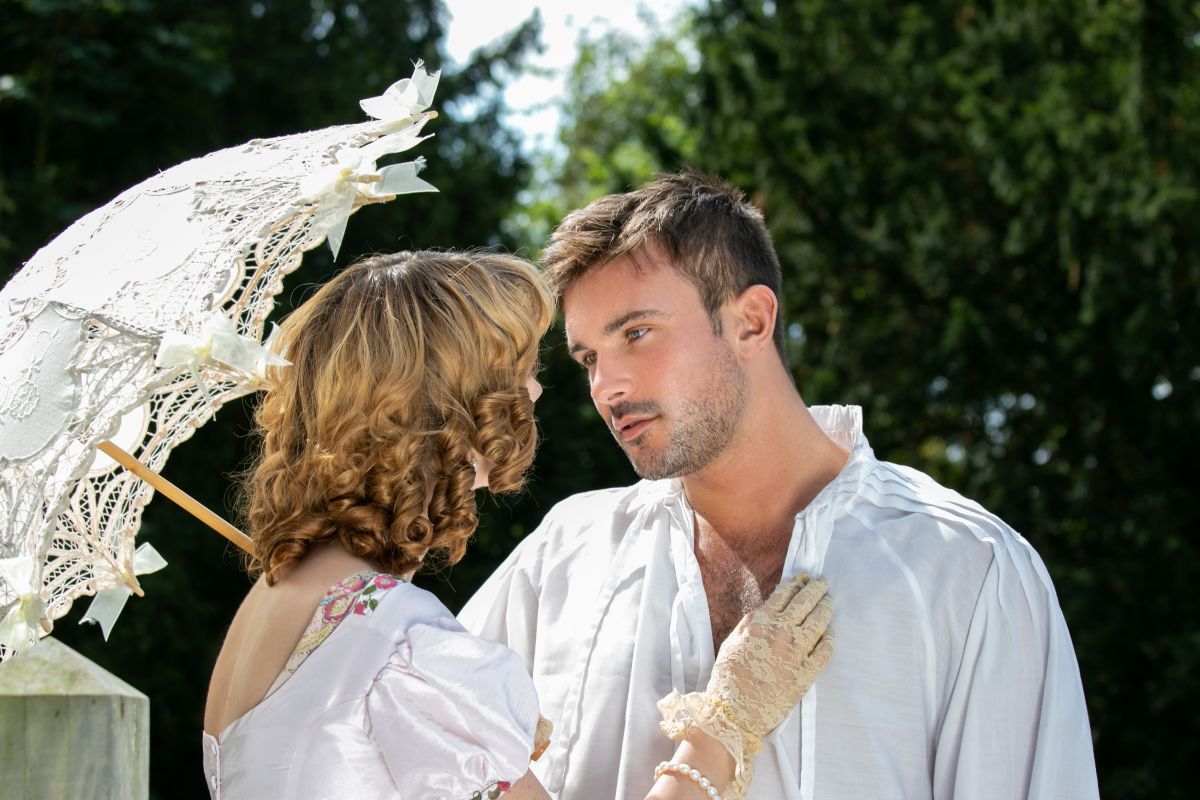
Haddaway once tossed a question out that has been asked since the dawn of time, “What is love?” While it’s hard to qualify an emotion, poets, authors, and musicians have been trying to replicate the feeling for as long as humans could communicate.
The movie industry is no different. There’s no faster way to connect an audience to people is to show how they are with the people they love. Almost everyone can relate to that.
So, a romance drama is basically a movie that focuses on the facets of love and romantic relationships. Oftentimes, the characters must find their way around insurmountable odds to be together. Whether that be a real-world situation like war, family disapproval, distance, career, and so on, there’s got to be issues to make it worth making a movie over.
Romance drama should not be confused with romantic comedy. While both have romance as the common denominator, they have two strikingly unique approaches. Sure, you can have comedic relief in your romance. Actually, it’s nice to have, especially heavy drama plots. You can also have a touch of seriousness in your comedy.
However, the goals of both are entirely divergent from one another. They want you to be able to relate to the story because of the world they built around the characters. But one wants you to take it seriously and accept whatever outcome and the other wants you to laugh and feel good knowing it will all work out in the end.
A good example is Cruel Intentions, starring Ryan Philippe and Reese Witherspoon as the unexpected match. It’s twisted and wild, but the whole story really revolves around their relationship and how far it goes. It does not end in a light-hearted, boy gets girl scenario. It’s actually teetering on tragic drama.
3. Fantasy Drama
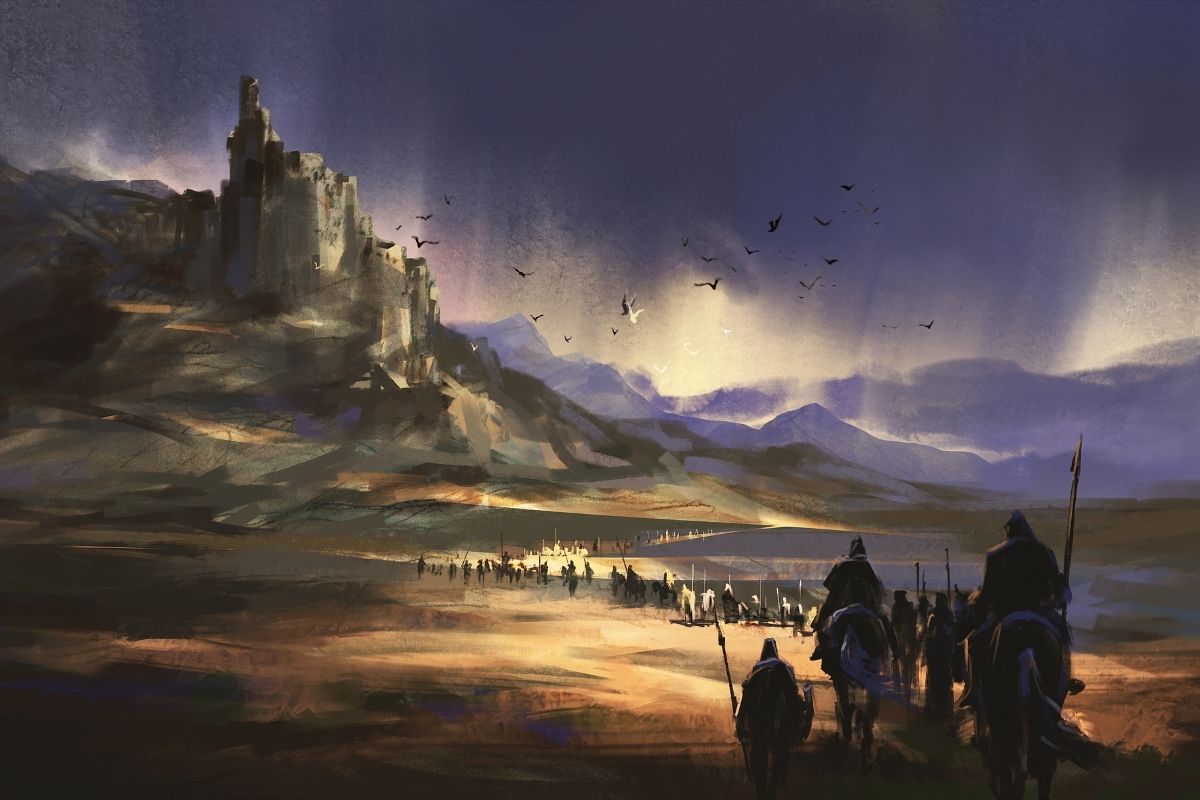
Fantasy is a whole genre on its own. The fantasy drama, however, is a dramatic situation in a whimsical background with a touch of something unlikely to happen in this day and time. Or on this planet. Or in this universe.
Of course, one of the main reasons for going to the theater is to be removed from reality. A moment to take us away from our life and, for a period of time, suspend our beliefs. That’s what fantasy does to the extreme. We get to go where no man has gone before.
Magic, superpowers, and otherworldly travel are made possible due to the advancement of technology. What better to pair drama with than those elements? Take the highest-grossing film of all time, Avatar, into account. Thanks to a recent rerelease, Avatar edged out Endgame to once again take the top place.
The story is about a man who goes to work on another planet and falls in love with it, and more, while there.
Honestly, Avatar could fit into a few categories, but it might be best described as a fantasy drama because of the constant drama surrounding the main character’s situation. That, coupled with the fact that they are on another planet making friends with an entirely new type of people, makes it both dramatic and fantasy.
4. Medical Drama

The drama in this genre centers around medical issues of some sort. It’s common for a medical drama to take place, at least partly, in a hospital or in a research lab. To make the movies more realistic, the story goes beyond the medical issues and dives into the personal lives of those dealing with them.
Dealing with them can actually point to medical professionals as well as patients.
Awakenings, starring Robin Williams and Robert DeNiro, has perspectives from both a doctor and a patient. The movie starts with a childhood flashback before Robert DeNiro’s character falls irreversibly ill. We’re also taken through Robin William’s character starting a job at a psychiatric ward where DeNiro’s character lives as an unresponsive adult.
We see a medical triumph as well as the disappointment of a failed long-term treatment.
This is a very popular genre for television, more so than movies. That has a lot more to do with the fact that you can get a lot deeper into details on the small screen vs a limited two-hour cinematic window. Even so, there are plenty of notable names that fall under this category on the big screen. Here are a few examples:
- Radioactive – the life of physicist and chemist, Marie Curie, in her unrelenting research into radioactivity.
- Patch Adams – Robin Williams plays a man who goes to med school to become a doctor. He has an approach to medicine that goes against other medical professionals. It’s an approach that he never stops fighting for. The irony is not lost on me that I just spoke about Robin Williams’ character working in a psychiatric ward. Then this movie takes place after Robin Williams’ character leaves a mental hospital.
- Girl, Interrupted – a majority of this movie circles around a lead character, played by Winona Ryder, who finds herself in a mental institution. Some of the other characters belong there more than others and really go out of their way to get into your head. This could also be classified as a psychological drama.
- Lorenzo’s Oil – this is a true story about a boy named Lorenzo who was perfectly healthy until he went with his parents to live temporarily in the Comoro Islands, off the coast of Africa. While he was there, he developed a serious illness that left him almost comatose. No one could treat him properly and the medical community basically deemed him terminal. His parents weren’t willing to accept that outcome and painstakingly searched for answers until they made Lorenzo’s Oil.
- One That Flew Over the Cuckoo’s Nest – Jack Nicholson stars as a character faking mental incapacity in order to avoid jail time. While he’s not taking his time seriously, he uses boredom to incite others into shenanigans. The movie climaxes with the whole group’s escape, perpetuated by the main character. It’s quite a mess in the end.
5. Film Noir
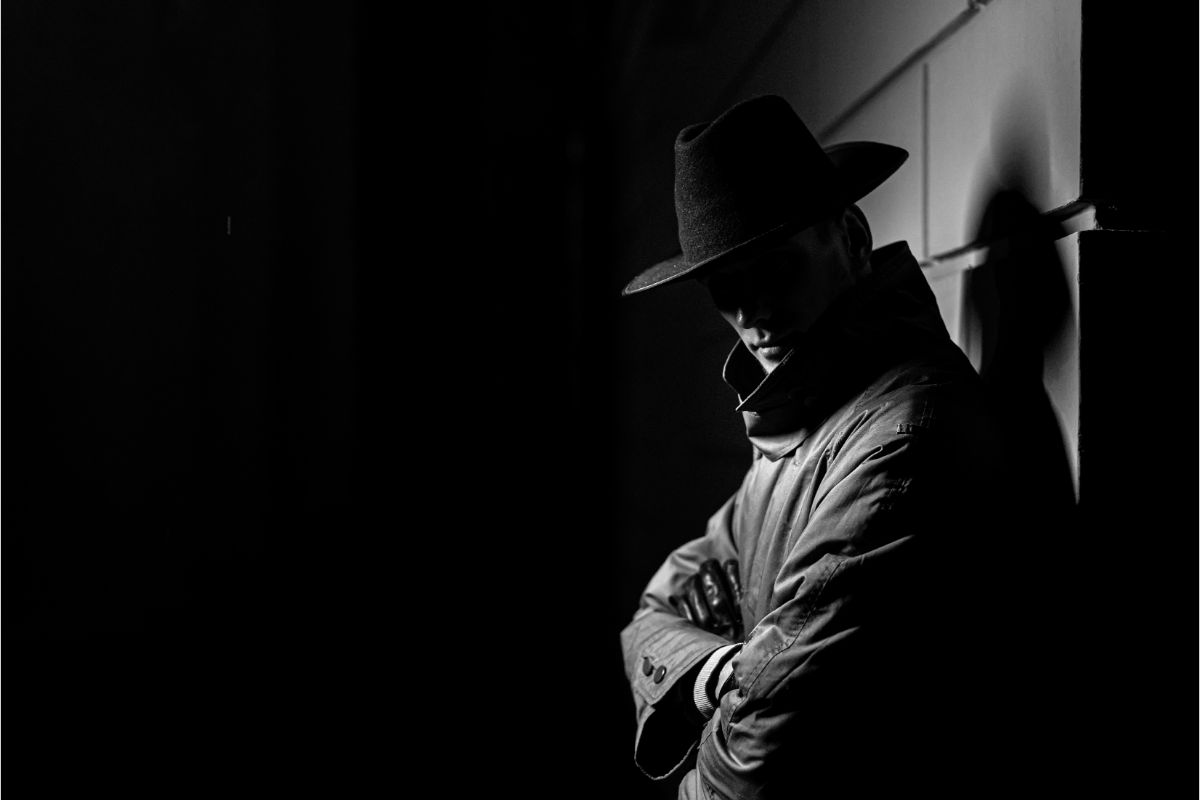
This one is for those obsessed with true crime stories. Film Noir is a slick label for crime dramas. For many, the images that come to mind are the black and white, 1940s bad guy vs good cop movies. The kind where the lead detective wears an overcoat with a hat and has that popular, made-up Mid-Atlantic accent.
One of the American Film Institute’s top 100 movies of all time is The Maltese Falcon, starring Humphrey Bogart. He’s a private detective on the hunt for the priceless Maltese Falcon statue. There are all kinds of mishaps along the way but he pushes through until he solves the case.
The classic noirs had a storyline that was something like this: there’s a crime, there’s a hunt for the perpetrators of said crime, a battle, and the detective wins out in the end. Things have evolved since the golden era of Hollywood, but the concept behind film noir remains the same.
Film noir isn’t exclusive to crime dramas. It can also include darker movies, in general. Sunset Boulevard, another AFI top 100, is as depressing as it is dark. Who’s Afraid of Virginia Woolf, starring Elizabeth Taylor and Richard Burton, was a twisted, anxiety-driving movie that leaves you wanting to crawl out of your skin due to the awkward sadness of the couple.
Fun fact, did you know Batman movies are technically film noir? Batman is actually the world’s greatest detective and the movies are about him bringing bad guys to justice. The fact that he’s also a superhero just adds a subcategory; super noir.
6. Docudrama
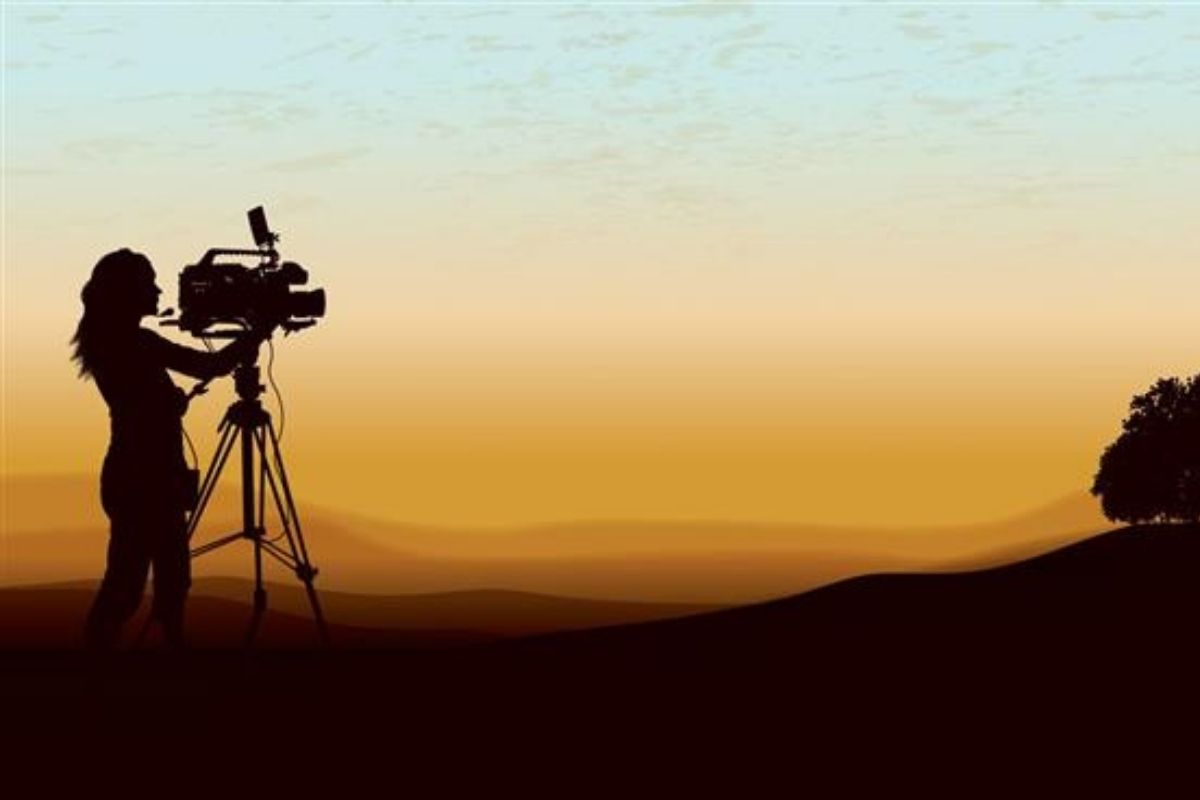
Movies under this tag are often synonymous with Lifetime, the cable channel. A Lifetime docudrama is a made-for-TV movie that is based on a true story. In fact, after a nationwide story is resolved, Lifetime will often buy the rights in order to make a movie.
While Lifetime may move faster than lightning to profit off real-life events, Hollywood isn’t far off. There are more than a handful of movies depicting the assassination of JFK. There are 22 movies and shows about 9/11. There are 1,300 movies about WWII.
You may be wondering what the difference is between a documentary and a docudrama. A documentary takes a situation and has multiple experts commenting on it. An entire documentary will take you to the source and show you all the facts surrounding the topic. It’s almost like a living report.
A docudrama is basically a fictionalized version of real events. What that really means is that in order to fill in the gaps, make it watchable, and be able to condense the story into 2 hours, there is creative liberty taken. The overall situation you’re seeing did happen.
It just may not have happened down to the details that you might pick up on from the movie.
7. Teen Drama
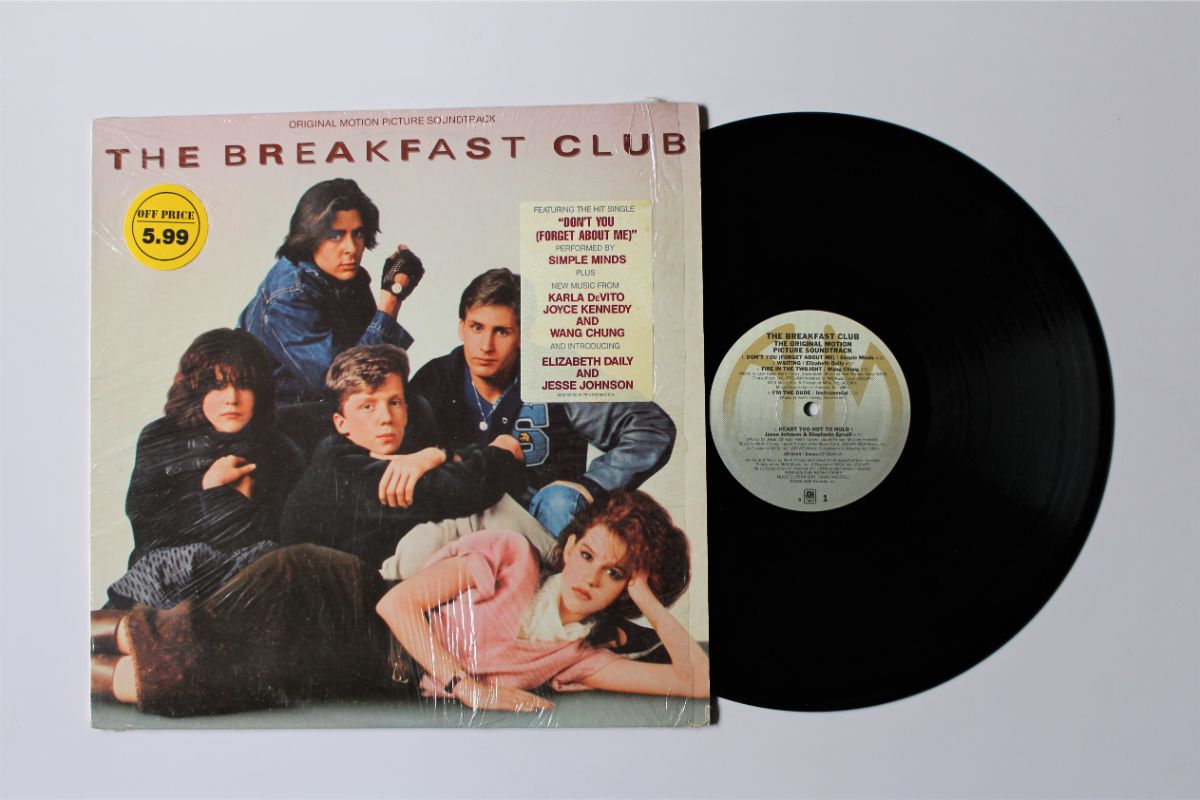
As society moved into the 90s, so did the explosion of teen dramas. Thanks to the popularity of overly dramatic, primetime shows for older teens and young adults, the movie industry saw a window of opportunity. Since then, the studios are constantly looking for ways to evolve stories to match the current culture for that age demographic.
To be fair, the 90s may have made them larger than life, but they certainly weren’t invented then. Some of the most famous teen dramas from the 80s were The Breakfast Club, Pretty in Pink, Heathers, and Dead Poets Society. All of those take place in or around school, but not all teen dramas do.
A widely loved, and personal favorite, is the Canadian-based Anne of Green Gables. This is an upbeat tale of a young girl who is adopted by accident. Her caretakers, a brother and sister, had originally sent for a male.
After some mixup, they brought her home with the intention of sending her back. Before the exchange could happen, she found her way into their hearts to stay. While some of Anne’s story took place within the confines of school, a majority of her story rolled out across the beauty of Prince Edward Island.
The focus was on her as a girl growing up in unusual circumstances. You could also consider this a period drama, being that it takes place in the late 1800s, but it leans more towards the life of Anne. A similar example of teen drama outside of the classroom would be Stand By Me.
This story followed a group of boys that were best friends. They heard about a dead body in the woods and set out on an adventure to go see it for themselves. It’s a life-changing experience that puts them in moments of peril, but it turns out fine.
Here are some examples of recent teen dramas:
- Twilight
- The Hunger Games
- Enola Holmes
One identifier for modern-day teen dramas in comparison to 80s dramas is the element of the fantastical. There’s a lot more fantasy and computer graphics in teen stories these days. Thanks to technology, that is actually a trend happening across all genres.

